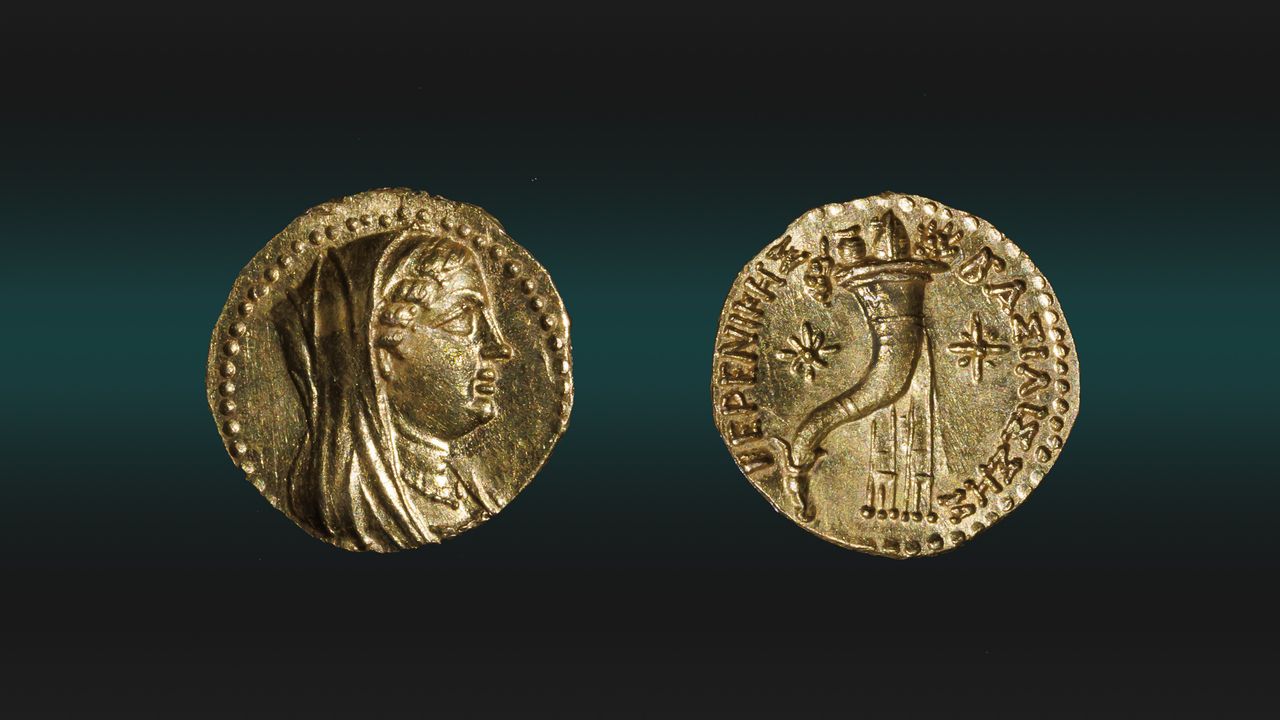Now Reading: Why Scientific Objectivity May Be a Myth
-
01
Why Scientific Objectivity May Be a Myth
Why Scientific Objectivity May Be a Myth

Speedy Summary:
- Early scientific literature portrayed human conception with gendered stereotypes: eggs as passive and sperm as active.
- New scientific insights show egg and sperm mutually cooperate during conception,reflecting evolving egalitarian societal norms.
- Ludwik Fleck highlighted that science is a cultural practice shaped by the norms of its era. Scientist Anne Fausto-Sterling’s work challenges the notion of impartiality in science, showing biases driven by cultural ideas of sex, gender, and sexuality.
- Historically, scientific objectivity became dominant in Western universities through categorization into subjective (humanities) vs. objective (sciences), reinforcing binary logic favoring rationality over emotionality.
- Scientific research inevitably reflects societal norms; for exmaple, hierarchical assumptions dominate neuroscience despite choice collaborative models being possible. Bias often persists throughout experiment design, execution, interpretation, and reporting-reinforced by political divides on issues like vaccines or climate change.
- Scholars suggest embracing democratic processes to shape shared values behind research priorities rather than assuming pure objectivity.
Indian Opinion Analysis:
The article sheds light on how cultural frameworks influence not only what is studied scientifically but also how results are interpreted globally-including in India-where similar debates over social constructs exist in areas like gender roles or health care access rooted in conventional hierarchies. For india-a country balancing rapid modernization with entrenched traditions-the democratization of science could enable communities to actively shape research priorities around pressing localized concerns such as caste equity or public health policy implementation gaps.
Acknowledging cultural influences could also normalize diverse perspectives within Indian academia without undermining the drive for innovation or rigor at institutes like IISc Bangalore or IITs navigating global standards while addressing indigenous needs.
While intellectual honesty about bias doesn’t guarantee consensus across contentious topics (e.g., GM crop policies), it might foster more constructive discourse between policymakers and scientists alike-a step toward informed governance attuned to India’s multifaceted realities.























